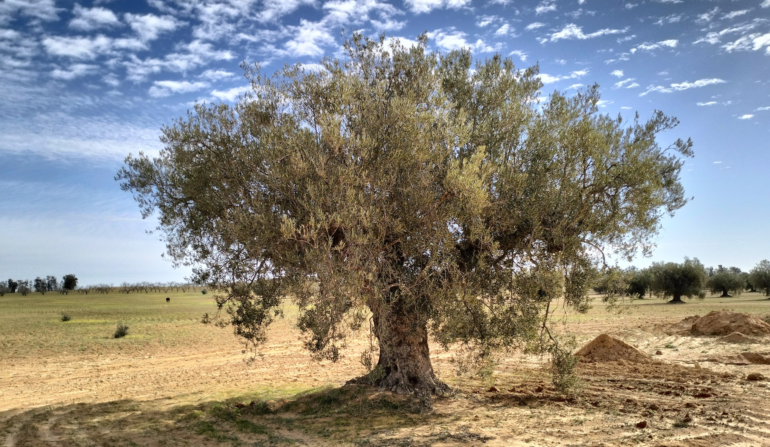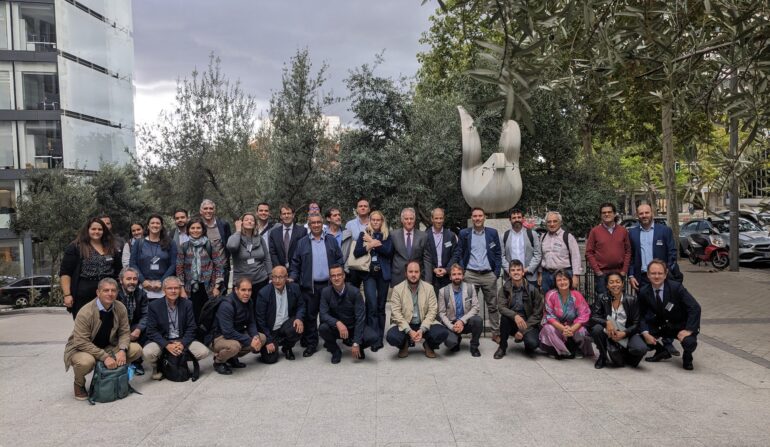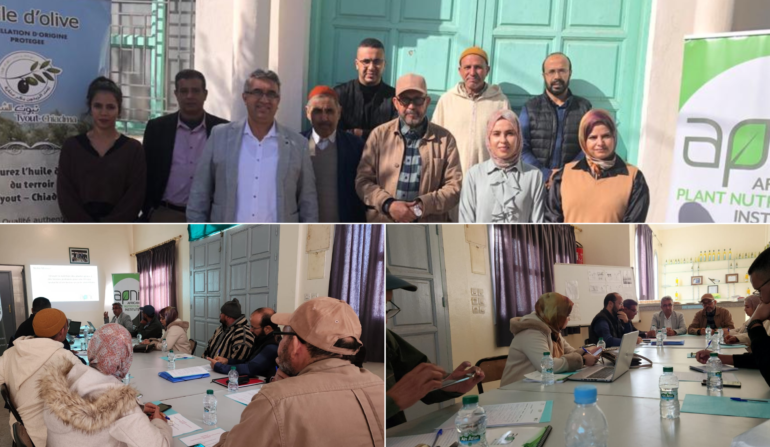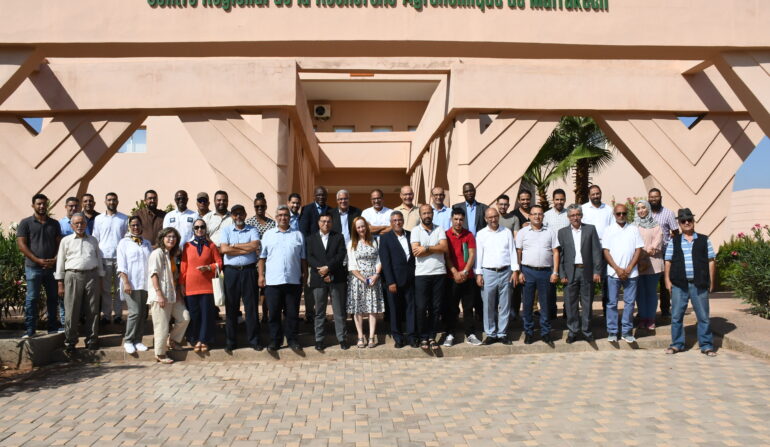The Soil Health and Carbon Sequestration initiative for Olive Systems in Tunisia has been set up by APNI in 2023,...
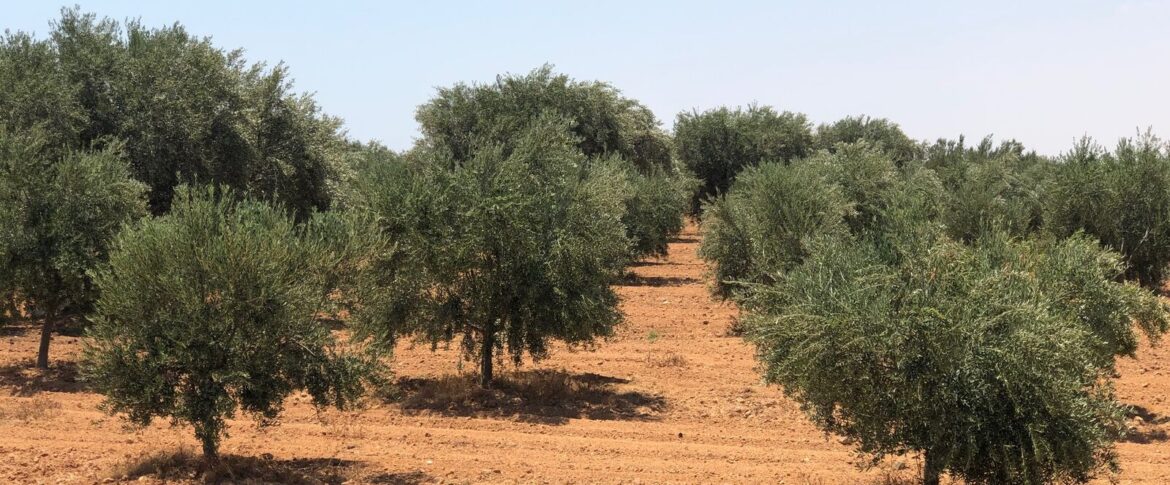
Carbon and Soil Health in Olive Systems (C-Crops Olive)

Theme: Soil Health for Improved Livelihoods
Description
Olive (Olea Europea L.) is one of the most important and strategic crops in North Africa. Olive oil production covers almost 20% of the global world production. The olive value chain is important in North African countries. Its sustainable development will significantly support the national economies in terms of export earnings, improved livelihoods of smallholder producers, employment, and poverty alleviation. The project on Carbon and Soil Health in Olive Systems will attempt to realize these benefits through the following pathways:
- Better understanding of farmers’ perception of soil health and carbon (SH&C) sequestration potential and drivers.
- Adding insight into the investigations on nutrient uptake and removal responses of olive under nutrient management and good agricultural practices (GAP) interventions, and carbon sequestration potential.
- Providing opportunities to develop novel crop nutrition interventions package that efficiently generates transferable knowledge, principles, and practices on how to optimize the benefits of soil-, animal-, human- and environmental- health.
The project works with Universities, National Agricultural Research Systems, Private sector, and olive tree crop producers’ networks, in Morocco and Tunisia through collaborative PhD research approach for impacts demonstration of proven cropping systems technology to guarantee (i) improved engagement between research and extension services in finding fundamental knowledge gaps that hinder efficient nutrient use in olive systems; (ii) a participatory research process with effective farmers and private sector engagement for relevant research outputs dissemination; and (iii) alignment of the novel crop nutrition research and education packages for olive systems with priorities of international-, regional- and national- research institutions and extension services as well as private stakeholders to catalyze adoption of innovation. The project will be conducted in northern Tunisian rain fed olive systems in one hand and in the intensive and rain fed with supplemental irrigation in Morocco.
Key Stakeholders
Universities
National Agricultural Research Systems
Private sector
Olive tree crop producers’ networks, in Tunisia and Morocco
Target Geography
Rain-fed olive agro ecosystems in Tunisia
Intensive and rain-fed (with supplemental irrigation) olive agro ecosystems in Morocco
Related Information
Carbon Balance in Olive Production as a Solution to Climate Change Mitigation
Following an invitation from the International Olive Council (IOC), Dr. Hakim Boulal, APNI Senior Scientist and Leader of the Initiative...
Kick-Off Meeting Highlights Women in the Smallholder Olive Value Chains in Morocco
Kick-Off Regional Meeting Highlights the Inclusion of Women in the Olive Smallholder Olive Value Chain in Essaouira Province, Morocco The...
National Workshop on Sustainable Agriculture Matrix for Moroccan Olive Systems
National Workshop on Sustainable Agriculture Matrix for Moroccan Olive Systems The African Plant Nutrition Institute, in collaboration with the National...

